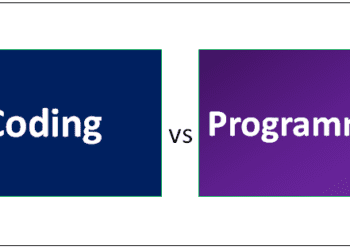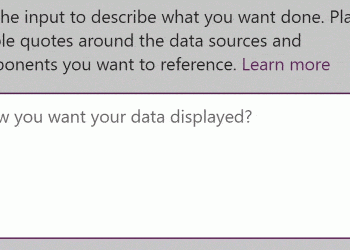In what seems to be the largest study of its kind, researchers in the US have found that women’s code has a higher average rate of approval than men’s code. However, when their gender is made public, the approval rate drops significantly for women, showing a high gender bias.

To examine the prevalence of gender bias in programming, researchers from California Polytechnic State University and North Carolina State University analysed user behavior on the massive code repository GitHub. This is one of the largest open-source communities in the world, with 10 million users (1.4 million of which have their gender public).
The study focused on ‘pull requests’; pull requests are events in which users propose their own bits of code, to incorporate in other projects. If the pull request is accepted, then the new bits are merged with the larger project. What researchers found was that pull requests made by women were accepted at a higher rate than that of men (78.6% compared to 74.6%).
“Surprisingly, our results show that women’s contributions tend to be accepted more often than men’s,” the study writes. However, when a woman’s gender is identifiable, they are rejected more often. Our results suggest that although women on GitHub may be more competent overall, bias against them exists nonetheless.
While the study hasn’t yet been published in a peer review journal, the results seem pretty clear. Women programmers are every bit as competent as men (if not more), but there seems to be a gender bias against women.
“[I]t’s imperative that we use big data to better understand the interaction between genders,” they write. “While our big data study does not definitely prove that differences between gendered interactions are caused by bias among individuals, the trends observed in this paper are troubling. The frequent refrain that open source is a pure meritocracy must be reexamined.”
The findings are particularly important in the context of continuously developing computer science. The field is currently dominated by men (in numbers), but the gender equilibrium could be more balanced in the future. Many schools include mandatory coding classes in the curriculum, and there’s every bit of reason to believe that more and more women will pick up coding – and they should be rated based on their work, not their gender.
Journal Reference: Gender Bias in Open Source: Pull Request Acceptance of Women Versus Men.






